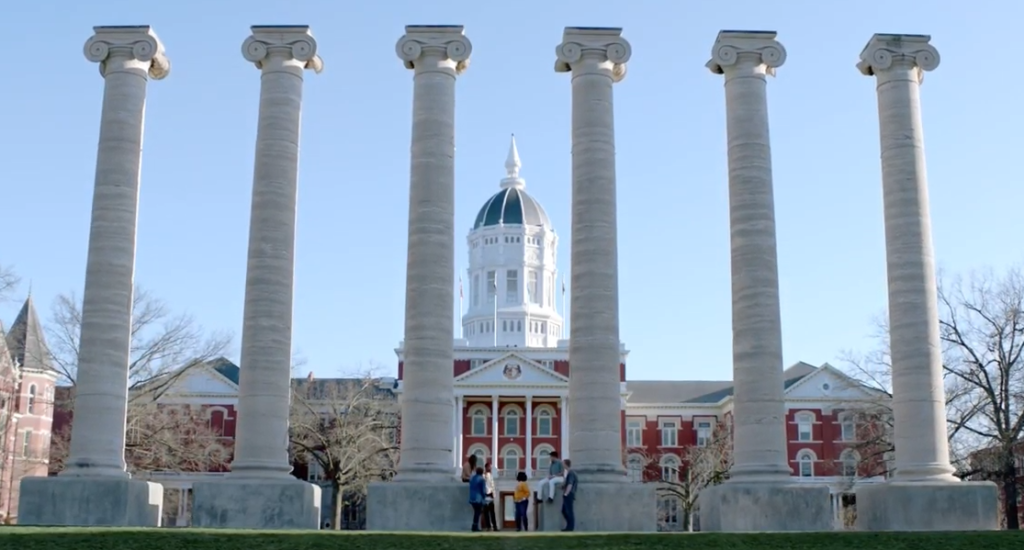Lawsuit Claims University of Missouri Ignored Donor’s Request for Free-Market Economic Professors

The University of Missouri, a public university located in Columbia, Missouri, is being sued by the conservative Hillsdale College over the misuse of a deceased donor’s funds. The university, known by some by the nickname “Mizzou,” is accused of falsifying reports that it complied with the donor’s bequest.
If the lawsuit’s allegations are true, it means that Mizzou’s tactics are far different than other universities. For example, George Mason University is known for its free-market economists among its faculty and complies with donations and requirements from the likes of the Charles Koch Foundation. It is unusual that, with the amount of money involved, Mizzou would choose to not comply with the donor’s intent.
The deceased donor, Sherlock Hibbs, passed on in 2012, but had donated $5 million to Hillsdale College in 2002. Hibbs authorized Hillsdale College to donate the funds to his alma mater, Mizzou, to fund six free-market economics professorships at the university’s Trulaske College of Business. Also, every four years, Mizzou was required to certify that it filled each professorship with a “dedicated and articulate disciple of the Ludwig von Mises (Austrian) School of Economics.” If not, Mizzou would have to send the funds back to Hillsdale College.
As background, Hillsdale College is a small, liberal-arts institution in the rural town of Hillsdale, Michigan and is home to Ludwig von Mises’ personal library.
Former Missouri governor Jay Nixon, also a Mizzou graduate, represents Hillsdale in its lawsuit. Nixon said, “Missouri University never embraced Mr. Hibbs’ intent, and consequently students aren’t getting the exposure to intellectual philosophies necessary for broad-based education.” According to Nixon, internal Mizzou documents expose an effort by Mizzou administrators to not honor Hibbs’ request. In a February 2003 meeting, then-university provost Brady Deaton expressed concerns that Hibbs’ donation and requests could mean Mizzou would be “held hostage by a particular ideology.”
Additionally, e-mails from the former dean of the business school, Bruce Walker, suggested they adjust existing faculty members’ descriptions to get around Hibbs’ requests. In March 2006, Walker claimed “the Austrian School of Economics is quite controversial” and noted that the business school “didn’t want to wade into that controversy, so we focused on some Austrian tenets that are compatible with what we do in our business school.” Instead of hiring professors from outside the university, Walker wrote that he made one external hire and the other five appointments were “all internal for financial aid and faculty-retention reasons.” Based on these e-mails, Hillsdale contends not a single disciple of von Mises was ever hired by the business school.
Hillsdale is seeking the original $5 million grant, “any amounts earned on the original gift, and all amounts paid to unqualified appointees.” In total, the amount “is between $13-$14 [million].”
Mizzou is no stranger to controversy. In 2015, the university was embroiled by a scandal when black students claimed the administration did not respond adequately to racial bias incidents on the university’s campus. During one demonstration, a journalism professor named Melissa Click, called for “muscle” to inhibit a student journalist from reporting on the demonstration (Click was later fired by the university). The following year, Mizzou suffered from the negative blowback from the protests and how it handled them, with enrollment dropping by 12% between 2015 and 2017 (while the budget deficit increased), temporary closing of dormitory halls, and laying off staff.




